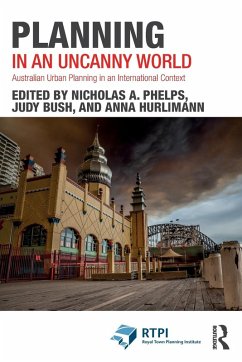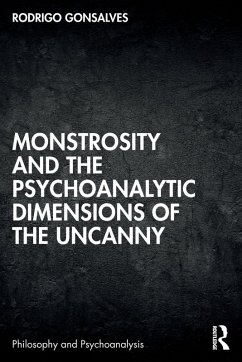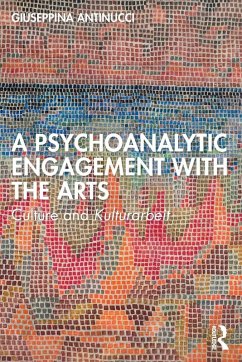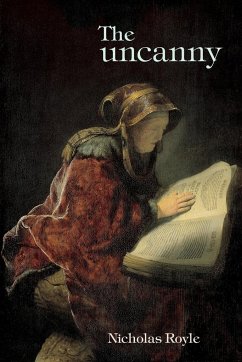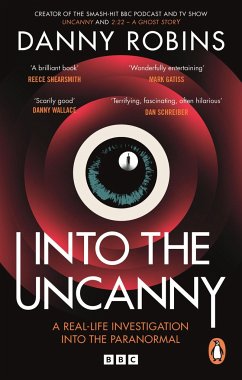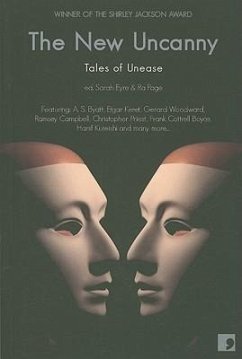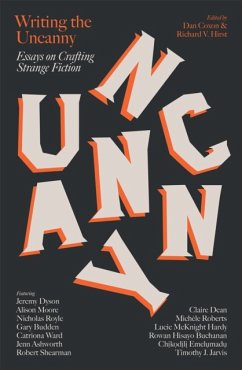
The Uncanny as a Method in Contemporary Irish Literature
Versandkostenfrei!
Erscheint vorauss. 15. April 2026
161,99 €
inkl. MwSt.
This volume examines how post-Celtic Tiger Irish literature responds to overlapping economic and environmental crises through an innovative blending of realism, speculative, and gothic modes. Focusing on seven texts published between 2004 and 2022, it introduces Uncanny Realism-a critical framework that explores how fractured, hybrid narratives destabilize familiar worldviews, drawing out latent histories and spectral traces of crisis. These works blur boundaries between the real and the unreal, the living and the dead, domestic and foreign - capturing a pervasive sense of dislocation and recu...
This volume examines how post-Celtic Tiger Irish literature responds to overlapping economic and environmental crises through an innovative blending of realism, speculative, and gothic modes. Focusing on seven texts published between 2004 and 2022, it introduces Uncanny Realism-a critical framework that explores how fractured, hybrid narratives destabilize familiar worldviews, drawing out latent histories and spectral traces of crisis. These works blur boundaries between the real and the unreal, the living and the dead, domestic and foreign - capturing a pervasive sense of dislocation and recurrence. Grouped by spatial context-rural, domestic, and urban-the selected texts trace how literature registers extractivism, precarity, and the erosion of social and material certainties across distinct Irish geographies. By emphasizing Ireland's semi-peripheral position within the global capitalist system, the book reveals how these fictions not only narrate local transformation but are also deeply embedded in planetary dynamics. The Uncanny as a Method challenges familiar binaries such as realism versus the speculative, national versus global, and center versus periphery. It offers a new way to read literature in times of systemic rupture, contributing to Irish studies, ecocriticism, and world literature by reimagining how fiction can articulate the strange familiarities of global crisis.




